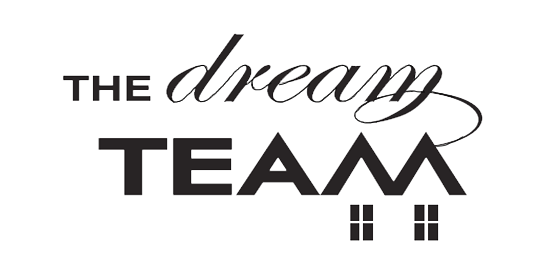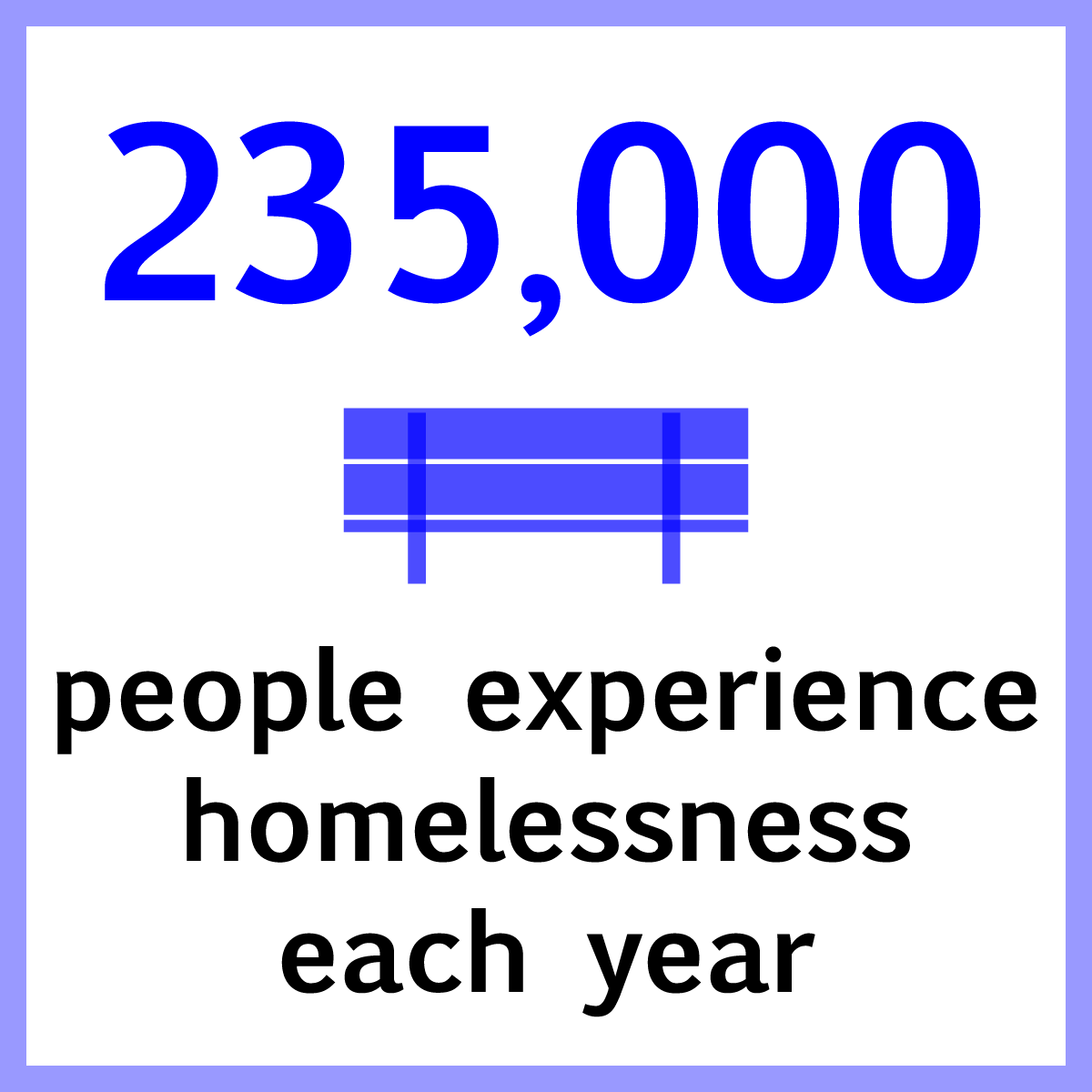
What is Supportive Housing?
The Dream Team believes everybody has a right to safe, secure housing. So what does this mean for people living with mental health and addiction issues?
*If you are currently in Toronto and in need of supportive housing or resources, we encourage you to visit theaccesspoint.ca/resources. The Dream Team does not provide supportive housing or resources.
Supportive Housing combines rental or housing assistance with individualized, flexible and voluntary support services for people with high needs related to physical or mental health, developmental disabilities, or substance use.
It allows people to live independent and healthy lives and contributes to improved self-esteem, increased productivity, readiness for work and employment, and reduced need for social assistance.
The Canadian Government recognized housing as a fundamental human right with its amendments to the National Housing Act in May 2019 to correspond with international law.
“All residents should have a safe, secure, affordable, and well-maintained home from which to realize their full potential.”
- Toronto Housing Charter
According to a 2008 City of Toronto staff report, a hospital acute inpatient bed costs the Province $1048/day, a psychiatric inpatient bed costs $665/day, incarceration costs $143/day and an emergency shelter costs $69/day. It costs the Province only $55/day to house someone who has experienced homelessness or mental illness in supportive housing.
+ Supportive Housing in Toronto
Housing TO 2020-2030 Toronto's housing plan for the next 10 years includes creating 40,000 new affordable rental homes, including 18,000 new supportive homes for vulnerable residents.
They also plan to provide support services to 10,000 individuals and families in supportive housing.
Toronto has a supportive housing waiting list of 17,000
Toronto will need to build 1,800 supportive housing units every year to meet their goal of 18,000 and eliminate the waiting list.
To get on the waitlist for supportive housing, please visit The Access Point.
+ Homelessness Facts
- 235,000 people experience homelessness each year in Canada.
- 35,000 people experience homelessness on any given night in Canada.
- 94% of those experiencing homelessness indicated a desire to get into permanent housing.
- 16% of Toronto's homeless population is Indigenous people.













